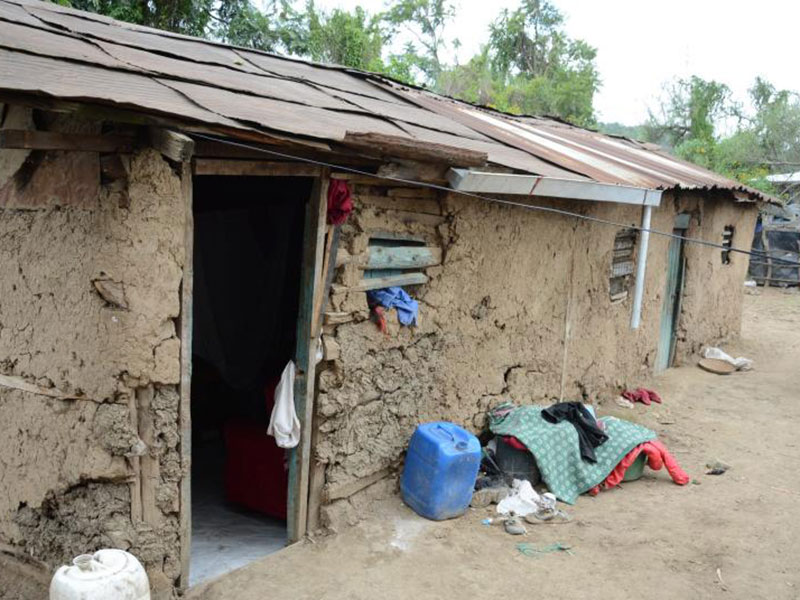×
The Standard e-Paper
Home To Bold Columnists

Crowding and filth in informal day care centres expose children to diseases, according to a survey.
The report, The Informal Day Care Centres of Karagita, a Child Health Perceptive, targeted Karagita estate located along the Moi South Lake road in Naivasha.